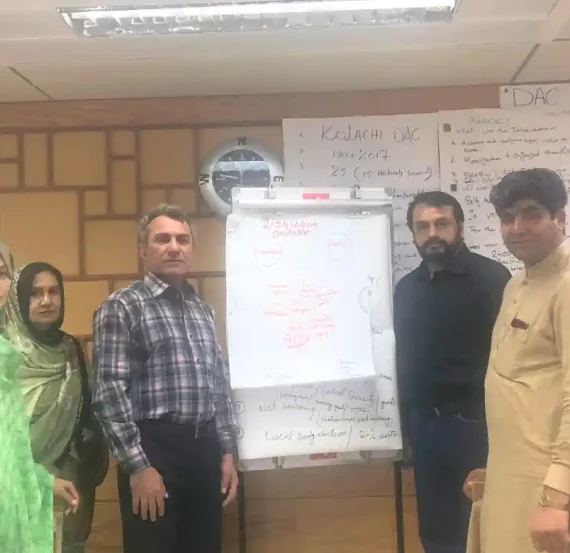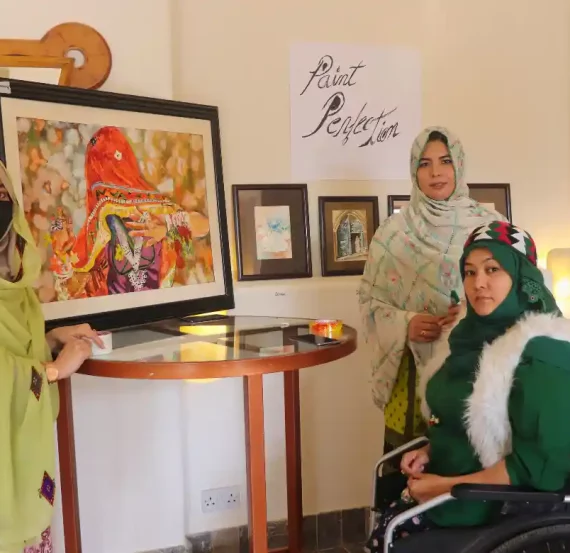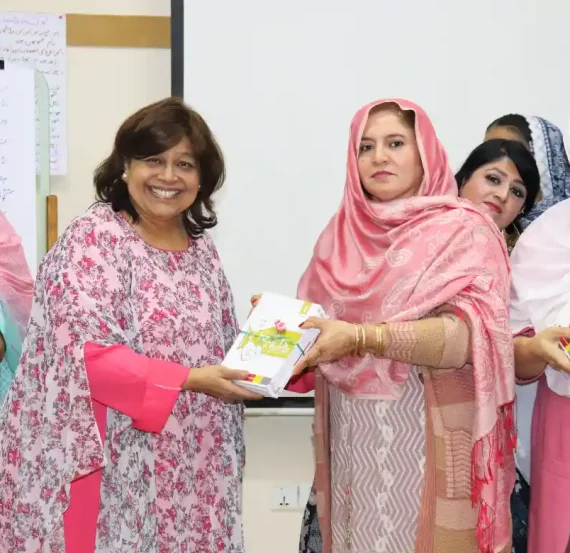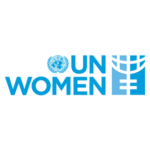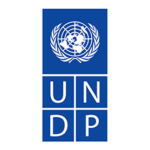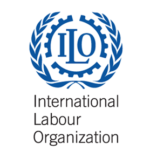
Synopsis:
The study conducted by Mera Maan, in collaboration with ENCLUDE and Reenergia, is part of the Women Economic Empowerment (WEE) Program under Flagship Programming Initiatives (FPI) by UN Women. The primary objective is to promote equal opportunities for women entrepreneurs through affirmative procurement, investment, and supply chain policies in Pakistan. The study focuses on the potential of public and private sector procurement as a means to empower women, alleviate poverty, and foster inclusive economic growth.
Narrative of the Project Description:
Background:
Public and private sector procurement plays a significant role in the economy, accounting for a substantial portion of the GDP in both developed and developing countries. The study aims to examine procurement policies through a gender lens and identify opportunities for stimulating women-owned and women-led businesses (WOBs) by addressing the challenges faced by both procuring agencies and suppliers.
Objectives:
– Evaluate public and private procurement policies from a gender perspective to identify areas for improvement and enhancement of opportunities for women entrepreneurs.
– Conduct primary research to understand the barriers and opportunities faced by WOBs in the context of public and private procurement.
– Identify potential entry points for encouraging women’s entrepreneurship in procurement processes.
Project Impact:
The research-based report produced through this study provided valuable insights and recommendations to promote gender-responsive procurement policies and practices in Pakistan. By addressing the challenges faced by WOBs and enhancing their access to procurement opportunities, the study stimulated women’s entrepreneurship and contributed to inclusive economic growth. The project’s impact resulted in increased economic empowerment of women entrepreneurs, thus promoting gender equality and women’s participation in the economy.



